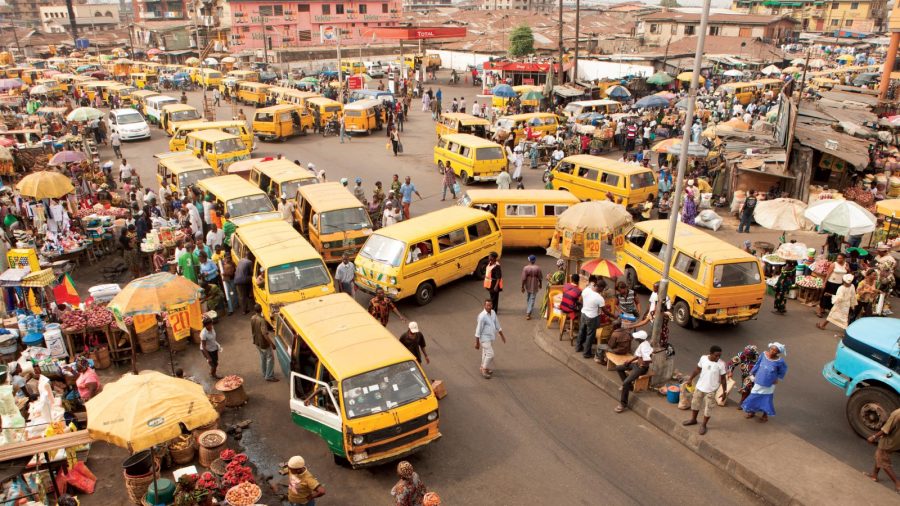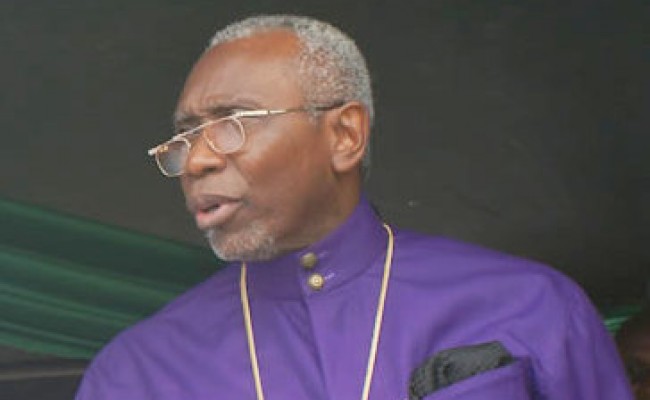Shell Petroleum Development Company has confirmed the oil leak incident from its underwater line within its oil fields in Bayelsa State.
In a statement by its spokesperson, Mr Joseph Obari, Shell said the leakage was reported on January 23, 2015, adding that it subsequently shut the facility.
“A spill was detected from an underwater flow line riser at the Seibou 2 Wellhead in the night of January 23, 2015.
“The well was closed-in about 15 hours later, once it was safe to do so and the impacted area boomed off to prevent further spread of the spill.
Advertisement
“A Joint Investigation Visit has been conducted, but it only determined the quantity of oil spilled and mapped the area of impact to the environment.
“A follow up Joint Investigation Visit is being planned to lift the line from underwater and determine the cause of leak.”
The leak from the Seibou Deep facility operated by SPDC, which discharged crude into Ogboinbiri River in Bayelsa, has reportedly damaged the fishing activities of the people.
Advertisement
Neigbouring communities, including Keme-Ebiama, Apoi, Kokologbene, Gbaruan, Ukubie, and Lobia, who depend on the river for drinking and domestic use have had to source other means of getting useable water.
Reacting, an environmental rights group, Environmental Rights Action/Friends of the Earth Nigeria (ERA/FoEN), slammed Shell for its poor response to the oil leak, expressing regret that the oil company was yet to take bold steps to save the environment from further destruction.
In 2014, Shell agreed a settlement to pay £55m to Ogoni farmers and fishermen whose lives were devastated by two large Shell oil spills in 2008 and 2009.
The settlement, split £35m for individuals and £20m for the Bodo community, was to be paid into each of the local people’s accounts while the community will be given millions to build health clinics and refurbish its schools.
Advertisement
Shell was also expected to start to clean up the pollution in the Bodo fishing grounds and swamps “within months”. Shell had initially estimated that around 4,000 barrels of oil were spilled in the two events, but oil experts calculated from film footage that it could have been 60 times as much.
Shell, which made £2 million per hour in 2011, has previously avoided Nigerian court orders to stop gas flaring in the Iwherekhan case, and has refused to pay a $1.5 billion compensation order to the Ijaw of Bayelsa.
The extent of the pollution in the Niger Delta was recently underscored by a UN report which found that a clean up could take 30 years to complete.
The UN highlighted systemic faults in oil company practices and condemned Shell for particularly poor standards.
Advertisement
Add a comment





